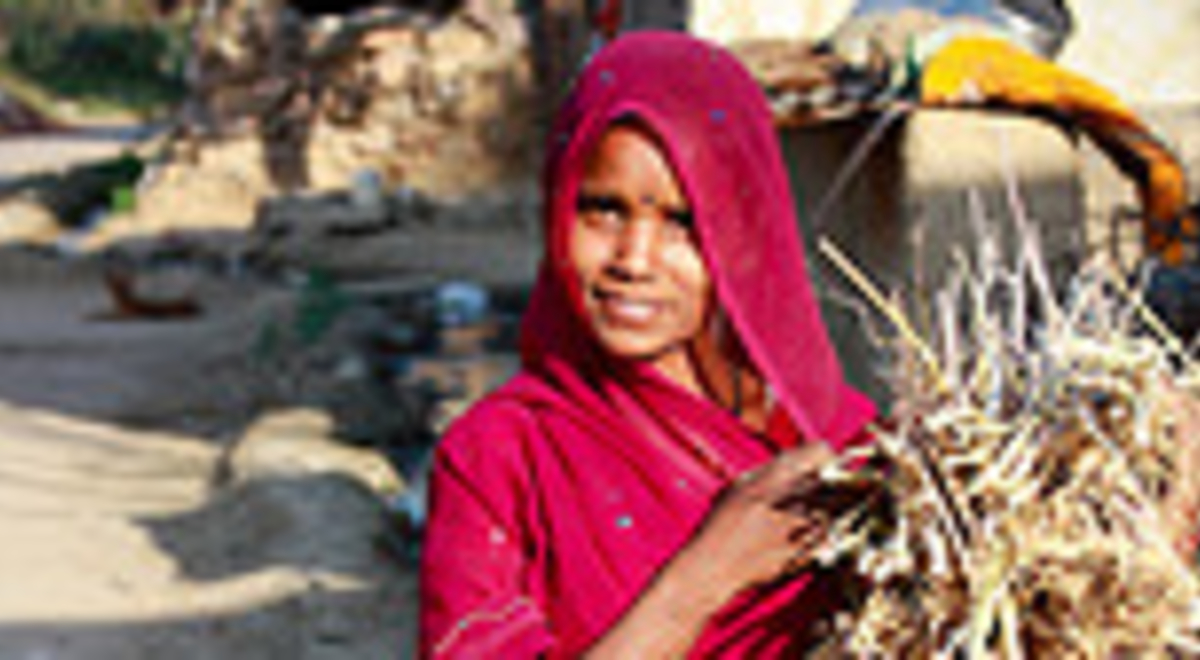After being inspired by Samantha's trip to India, we asked our Etiquette Guru Adam Barralet to give us some more insight to the life and culture of this beautiful country. Having been all over the world, Adam has learned a lot of valuable tips along the way. Each week he takes us to a different country and offers his tips on what to expect and what manners are acceptable. After taking us to South Africa last week, today he shares his etiquette tips on India:
One of the world’s most peaceful and relaxing activities yoga came from this week’s country but if you plan on not disrupting the balance is the overwhelming, second most populous country in the world it’s helpful to have a few tips.
The typical greeting in India is called a namaste and basically involves placing your hands together in a prayer position under your chin and giving a bow. Handshakes are becoming more commonly used, especially in big cities but the namaste is always a safe choice if you are unsure if physical contact is appropriate. India is a hierarchical culture, so greet the eldest or most senior person first.
Indians typically are friendly and talkative and will strike up a conversation with anyone, anywhere at any time. Don’t get taken aback if they ask personal questions and feel free to ask similar questions in response to your host. Wise decisions for conversation are movies, cricket or politics (except Pakistan) so consider familiarising yourself with these topics before you arrive. Talking about family will also help build rapport.
There are certain actions to avoid in India. During conversation don’t place your hands on your hips as this is seen as aggressive. Don’t whistle, wink, use your finder to point or beckon, touch another’s ear or point your feet towards someone. If you accidentally touch someone with your foot, apologise as the feet are considered unclean. Keep intimacy and physical contact, even hugging, to a minimum.
If you are a guest at somebody’s home, arrive about 15 minutes late. Gifts are not expected in India when attending a private dinner party. Before entering the house remove your shoes. Indians always wash their hands before and after eating and will often also wash their mouth. Eat with your right hand as the left hand is left for what is considered “less clean” activities such as going to the washroom. It is polite to refuse the first thing that is offered to you, but then after that accept each dish or drink offered. Leaving a small amount of food on your plate indicates that you are satisfied. Finishing all your food means that you are still hungry.
When dining out in India you may be tempted to share the sumptuous new tastes with a companion. However never offer anyone, even your partner food from your plate, it will be viewed with disgust. There are diverse dietary restrictions in India, and these may affect the foods that are served. Generally Hindus and Sikhs do not eat beef with many Hindus opting for vegetarianism. On the other hand, Muslims do not eat pork or drink alcohol. If you are ever in a situation where you need to cook for an Indian and you are not sure which religion they are a part of lamb, chicken, and fish are the most commonly served main courses for non-vegetarian meals as they avoid the meat restrictions of all the main religious groups.
With different groups if you are unsure what to do, politely asking what is correct is a sure way of ensure no one if offended. Follow these guidelines and you should avoid any situations where you offend any of the 1.2 billion Indians.








